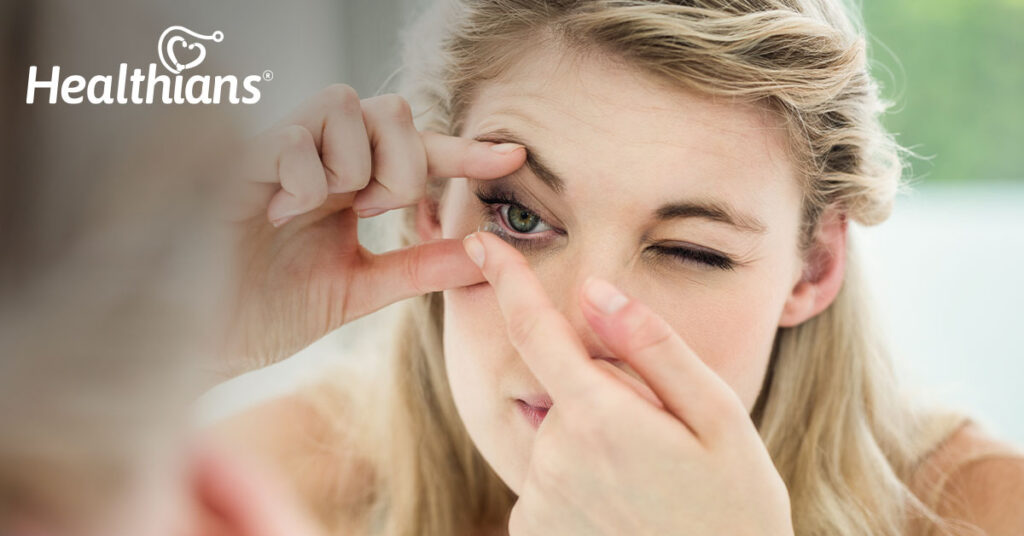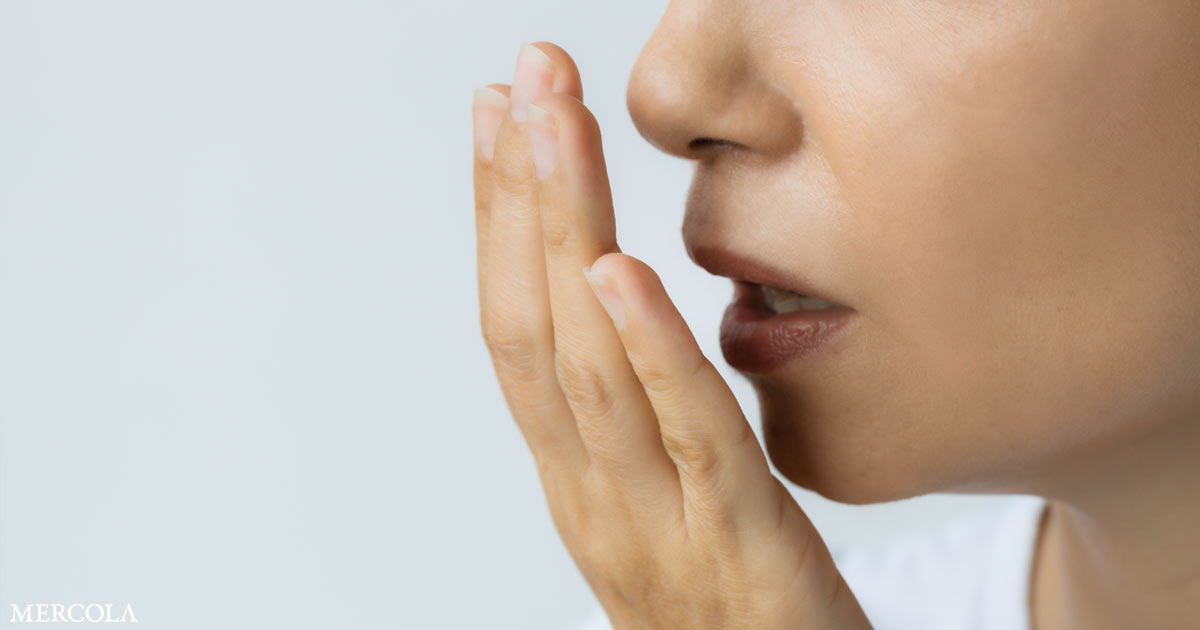
[ad_1]
Contributed by: Anjali Sharma
Introduction
Did you know 35 percent of the country’s total population requires vision correction, which can be achieved by surgery, laser treatment, eyeglasses, or contact lenses?
However, only approximately 25 percent of people—or 87.5 million people—have their vision corrected. About 94 per cent of these people use eyeglasses, 6 percent wear lenses, and 2.5 percent have used both.
While wearing the lenses a person needs to be extra careful because if contact lenses are not used with precautions and the right methods, it can lead to severe eye issues and problems.
What are contact lenses?
To help you see better or to make your vision clear, little transparent discs are used that you wear in your eyes; these are known as contact lenses. On the tear film that protects your cornea, lenses float.
Contacts, like eyeglasses, are used to treat refractive defects that affect vision. A refractive error is when the eye does not refract (bend or focus) light properly into the eye resulting in a fuzzy image.
For those with the following refractive defects, contacts can enhance vision:
- Myopia (nearsightedness)
- Hyperopia (farsightedness)
- Astigmatism (distorted vision)
- Presbyopia (changes to near vision that normally happen with age)
6 ways to take care of your eyes if you wear contact lenses
Never sleep while wearing lenses
The risk of eye infection is greatly increased when using contacts while sleeping.
Your lenses prevents your eye from receiving the oxygen and water it needs to combat a bacterial or microbial invasion while you’re sleeping.
Blinking allows oxygen to enter your eyes when you’re awake since it keeps them moist. The quantity of oxygen and moisture your eyes can access is greatly reduced by contacts, which fit over the surface of your eye.
That decline gets significantly worse when you’re asleep. The corneal cells lose their capacity to efficiently fight germs when there is not enough oxygen present, a condition known as hypoxia.
So this is the most essential thing to keep in mind if you are planning to wear lenses.
Avoid rubbing your eyes while wearing contact lenses
The cornea might be harmed by rubbing your eyes while wearing a contact lens, further impairing your eyesight. Avoiding touching the eyes becomes crucial in order to prevent any such incident of eyesight impairment.
Never shower with contact lenses on
Water is another item that should not come in contact with contact lenses. Water, whether it be in a swimming pool, hot tub, or ocean, is full of germs that can harm the eyes and lenses.
Additionally, the lenses can be harmed by any kind of water, which can irritate the eyes. So, before getting in the shower, take off your contact lenses.
Keep the case for contact lenses clean
Always keep the contact lens case neat and clean.
Lenses should be kept in the appropriate lens storage case, which should be changed at least every three months. After each usage, clean the case; in between cleanings, leave it open and dry. To clean and store the lenses, just use a new solution.
Wash your hands before and after wearing contact lenses
If you are using contact lenses, you must follow strict guidelines while touching them. Always keep your hands clean when wearing or removing the lenses.
Your hands come into contact with a variety of objects during the course of the day, which raises the risk of infection when they come in contact with your eyes or contact lenses.
Before touching your eyes or lenses, you must carefully wash and dry your hands. It guarantees the protection of the eyes.
Avoid overwearing contact lenses
Many ophthalmologists have said that overwearing contact lenses cause red – itchy eyes and make them dry.
Contact lenses impede the process of oxygen absorption when used for extended periods of time. When worn for the recommended amount of time, a well-fitting contact lens floats on the surface of the eye, enabling enough of your tear film to flow under it and provide the cornea with essential oxygen.
Your eyes need oxygen in order to be healthy. Since the cornea lacks blood veins, it must get its oxygen from the surrounding air.
Serious eye problems can arise from excessive usage.
Even if they appear okay, it is best to avoid using them after their expiration date and to limit their usage to no more than 6 to 8 hours each day.
Final thoughts
If you use contact lenses, clean them and their cause, and maintain them properly, that’ll make it a safe and easy way to correct your vision. However, if you don’t, you run the risk of getting an eye infection or may end up potentially causing damage to your eye. In other words, if used appropriately and hygienically, contact lenses are the ideal substitute for glasses.
Always consult your ophthalmologist for the correct refractive power of your eyes and contact lenses that best fits your eyes.
Otherwise, dangerous infections that might jeopardize your vision, such as bacterial or viral corneal ulcers or Acanthamoeba Keratitis could develop.
Furthermore, apart from keeping good care of your eyes, you should also undergo preventive health checkups. These health checkups give a complete report about your health, allowing you to take necessary precautionary measures to improve your well-being and keep a host of ailments at bay.
!function(f,b,e,v,n,t,s){if(f.fbq)return;n=f.fbq=function(){n.callMethod?
n.callMethod.apply(n,arguments):n.queue.push(arguments)};if(!f._fbq)f._fbq=n;
n.push=n;n.loaded=!0;n.version=’2.0′;n.queue=[];t=b.createElement(e);t.async=!0;
t.src=v;s=b.getElementsByTagName(e)[0];s.parentNode.insertBefore(t,s)}(window,
document,’script’,’https://connect.facebook.net/en_US/fbevents.js’);
fbq(‘init’, ‘1713453968920369’ ); fbq(‘track’, ‘PageView’);
[ad_2]
Source link





No comment yet, add your voice below!